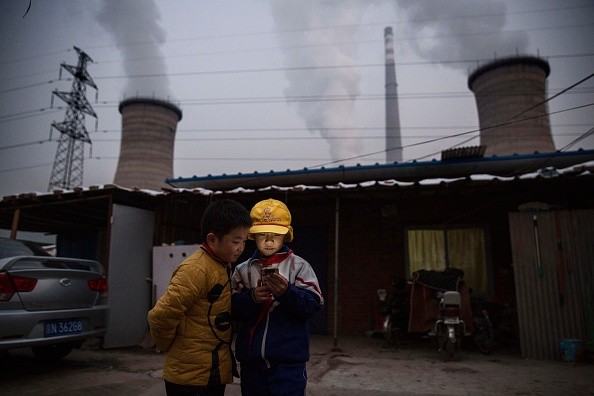China's top economic planner said on Friday that the country's coal price will stabilize and coal production increase soon.
New coal supplies helped major thermal power plants across China increase their inventory by some 5.28 million tons as of the end of September, the National Development and Reform Commission (NDRC) said in an online statement.
According to a report from the state-owned Xinhua News Agency on Friday, an agreement was finalized in two ministerial meetings on Sept. 23 and 27 to raise production capacity to ensure ample supply of coal for the winter.
It also decided to ease the limit on the number of production days for efficient coal producers with the former 260-day cap increased to a maximum of 330 days. The original limit, had it been followed, would have shrunk production by more than 500 million tons in 2016, the report said.
The measures are aimed at protecting against runaway coal prices and ensuring supply, but not at shooting down the price, said Deng shun, a coal industry analyst with market information supplier ICIS.
NDRC's plans will alleviate the shortage of winter reserves to some extent, and the coal prices in the fourth quarter are expected to rise, Deng said.
The Bohai-Rim Steam-Coal Price Index (BSPI), a government-backed monitoring body for spot coal prices in northern China's major coal ports, recorded 14 weeks of increases to reach 561 yuan ($84) per tonne on Wednesday, up 51.2 percent from the beginning of the year.
At a press conference on Sept. 23, an NDRC official attributed the price hike to increasing coal consumption, a crackdown on illegal production, and transport and logistical problems.
An increase in coal prices will trickle down and significantly affect the steel and concrete producers, said Lin Boqiang, director of the Energy Economics Research Center at Xiamen University.
A relaxed production limit would significantly increase the availability of coal and put the price on a more stable course, he said.



























